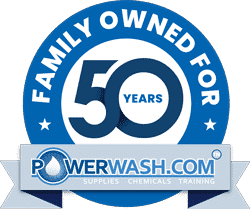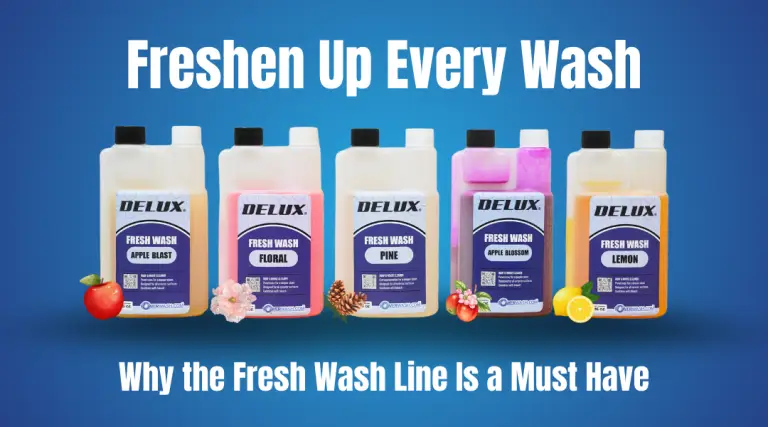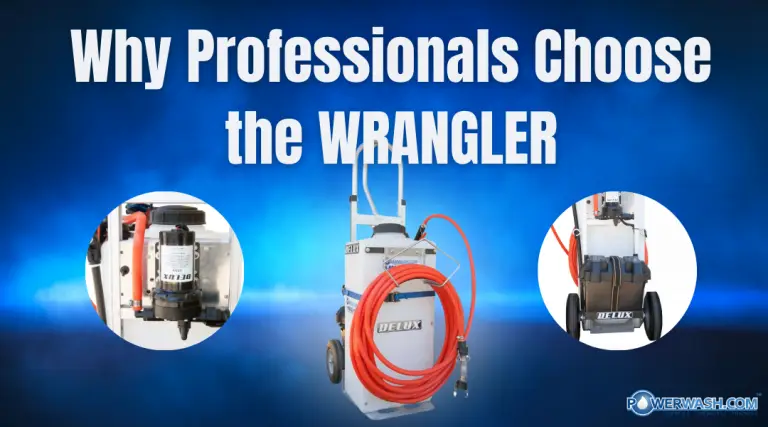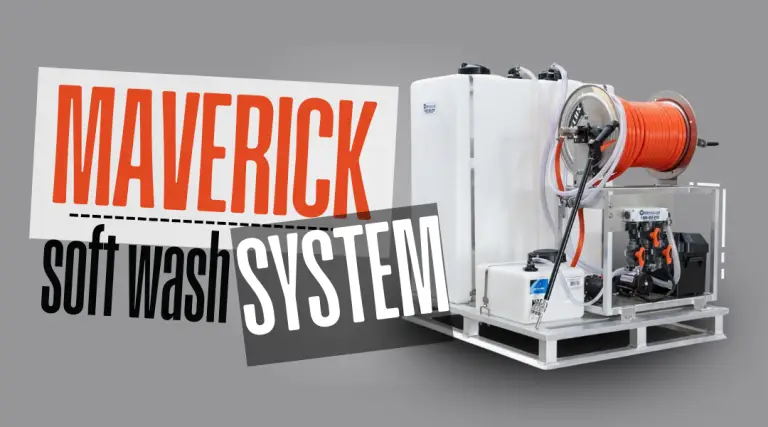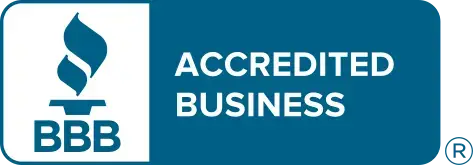- Home
- /
- Power Wash Spray Tips
- /
- Charitable Giving Can Help Your Business Grow
Subscribe To Our Newsletter
Stay in the know on the latest products, deals, events, tips & tricks.
Social Media
Charitable Giving Can Help Your Business Grow
Big companies like Coca-Cola and McDonald’s hit social issues hard this year with ad campaigns trying to make the world a better place. They didn’t just create Super Bowl commercials: they took to social media (for Coca-Cola) and their restaurants (for McDonald’s) to deliver their positive messages. The Always “Like A Girl” campaign was celebrated by women and men with the short film viewed over 57 million times on YouTube.
As a small business, you aren’t going to buy Super Bowl air time or design a nation-wide Twitter campaign to impact change. You can get involved locally at a level that makes sense for your company size. Charitable giving is a great way to make a positive difference in your community, and help build your brand at the same time.
Most people know that giving means a tax deduction at the end of the year. (See the section below on guidelines for qualifying for the deduction.) That’s not the only benefit. Employees express higher job satisfaction and greater commitment to their company when their employer gives. They perceive that volunteering provides them leadership and professional skills experience (Director’s Notes: Making the Business Case for Corporate Philanthropy). In addition, future employees are more attracted to philanthropic businesses.
In a study conducted by Cone LLC, “85% of consumers have a more positive image of a product or company when it supports a cause they care about.” Further, 88% of Americans are fine with a company including a cause or issue in their marketing. A whopping 91% of respondents believe a business should consider a cause that is in the community where they do business. When consumers think well of your brand name because it gave to the community, they are more likely to do business with you.
Charitable giving is also an excellent way to network. Through volunteering, sponsoring and other ways of contributing, you meet others in the community and spread your brand name further than you would have otherwise.
According to the U.S. Small Business Administration, around 75 percent of small business owners donate a portion of their profits to charity, around 6 percent on average. This can be as simple as writing a check to the Humane Society once a year. You can’t force employees to give as well, but you can offer to match their donations to a particular charity to give them incentive. You can also invite customers to donate during fundraising drives, for instance, through your newsletters or emails.
For some people, they would rather give time than money so organizing an optional employee volunteer day at a food bank, for example, might be a great way to give to your community. Again, you can share the information with your customers and invite them to participate. You might also want to use your services as the volunteer donation, like offering to power wash the homes of the elderly on fixed incomes or similarly needy home owners.
Sponsoring sports teams or a fundraising event is a great way to get public attention while doing good. Not all sports need a lot of gear – sometime they just need t-shirts. Donating money for an event means you get publicity on programs and advertising, and you often get special recognition at the event itself.
Below is a list of general guidelines if you want to use your charitable giving as a tax credit. However, you should consult your accountant or tax attorney to know if your donations qualify.
-
- Identify an eligible charity, usually a 501(c)(3)
-
- Make an eligible donation: cash, volunteered services, sponsorship of a charity event or the donation of inventory or services
-
- Understand that each category has its own limitations (for example, you can’t deduct the value of your volunteered service, but you can deduct expenses incurred such as supplies) — links to all the related forms and limitation information are available from the IRS (see also: IRS Publication 526)
-
- Ensure the donation is paid in full by the end of the tax year and reported through Form 1040, Schedule A
-
- Take your deduction, but remember that the IRS limits the amount of charitable donations that can be considered tax-deductible to 50 percent of your adjusted gross income
-
- Keep records — you’ll want them in the event of an IRS audit. Generally, an organization should give you a written statement if it receives a contribution from you
(From the U.S. Small Business Administration)
How you share your good will is up to you. On the one hand, consumers think favorably of a company that shows it cares about the community it serves, and on the other hand, you don’t want to seem like you give in order to tell everyone how giving your business is. As previously mentioned, you can share about fundraising activity in your newsletter or on social media. You will need to check with the non-profit to find out if you can use their logo on your own materials as they might have rules about that.
The most important aspect to giving is to make sure the receiving cause is one that is important to you. Don’t look for the biggest opportunity to make your company look good. As long as it comes from the heart, good deeds have their own rewards.
Share This Post
More To Explore
Soft Wash Additive That Smells Amazing? Meet Fresh Wash
Freshen Up Every Wash Soft washing is all about precision, power, and presentation — and nothing completes a job like ...
Mastering the Art of Pressure Washing: Key Insights on Surface Cleaners
For professionals in the pressure washing industry, a surface cleaner is an indispensable tool, particularly for those who specialize in ...
The Wrangler™ Chemical Sprayer: The Ultimate Tool for Professional Cleaning Applications
For commercial cleaners and pressure washing professionals, efficient chemical application is key to achieving the best results. The Wrangler™ Chemical ...
Professional-Grade Soft Washing with the PowerWash.com Maverick 12V Soft Wash System
Soft washing is an advanced cleaning method that utilizes low-pressure water combined with biodegradable cleaning agents to effectively remove organic ...
